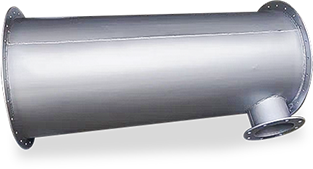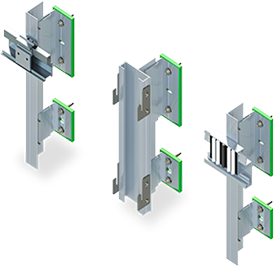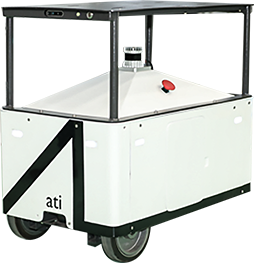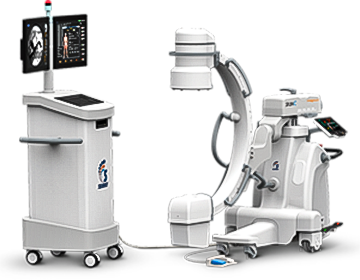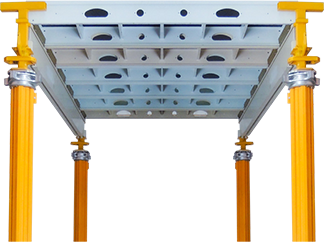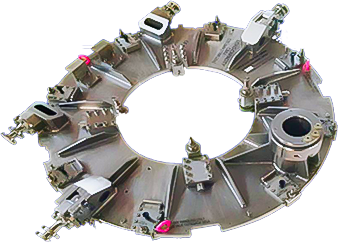
The adaptability of CNC machining is one of its many benefits. This is due to the fact that precise CNC milling and turning can successfully generate final products from a very wide range of materials. This allows design engineers a wide range of alternatives when it comes to making commercial items and prototypes.
How To Choose The Right CNC Machining Materials?
The following parameters should be met when choosing the material for a CNC machined item.
- Parts Applications
Make sure the CNC material you use is appropriate for the application or use you have in mind.
- Part Weight
Make sure the materials you are thinking about have the appropriate weight for their intended use.
- Part Properties
Effective machining can be accomplished without functional loss with the proper CNC materials. As a result, you ought to consider the part properties you can.
- Machinability
- Strength
- Resistance to heat
- Corrosion resistance
- Endurance Strength/Limit
- Dimension Tolerance
The permitted range for variation in machine part dimensions is called dimension tolerance. You require highly machinable materials for increased dimensional tolerance.
- Physical Appearance
When choosing a CNC material, aesthetics are not the primary consideration. For some items, especially those geared toward consumers, you might need to take this into account.
- Project Budget
Given that CNC machining is a subtractive process where the machine chips away at the workpiece to create the finished product material, cost is a crucial consideration when choosing CNC materials.
Metal CNC Machining Materials
Metals are common materials for CNC machining and have special characteristics. Let’s take a look at the few most used metals for the purpose of CNC machining.
- Aluminium
The thermal and electrical conductivity, strength-to-weight ratio, and corrosion resistance of aluminum alloys are all generally good. However, the level of these characteristics varies depending on the type of aluminum alloy.
- Brass
Brass is a copper and zinc alloy. It is a low-cost material with great chemical resistance, low strength, and a low coefficient of friction, unlike bronze and copper.
- Stainless steel
Alloys made of stainless steel resist wear, deformation, and corrosion. Except for the 303 stainless steel sheets required to create nuts, bolts, shafts, and gears, most stainless-steel alloys can be heat treated.
- Steel
Steel alloys are highly machinable, weldable, and formable. However, the alloy determines how many of these characteristics are present. Gears and shafts are examples of materials that can be made out of steel that require strong welding.
- Titanium
High levels of toughness, biocompatibility, corrosion resistance, and strength characterize titanium. However, it is more expensive and less machinable than aluminum alloys.
- Copper
High electrical conductivity, corrosion resistance, and thermal conductivity are all characteristics of copper. To substances like acids, halogens, sulfides, and ammonia solutions, it is, however, low resistant.
Other Materials for CNC Machining
There are other acceptable materials for CNC machining, even if metals and plastics are the more common ones. Here are several that might work for your project.
- Ceramics
Brittleness, heat resistance, and corrosion resistance are all qualities associated with ceramics as a material. As a result, careful machining is required.
- Wood
Solid wood and plywood are both highly aesthetically pleasing and durable. More dimensional stability is found in plywood. As a result, it is appropriate for items that need a high tolerance level.
- Foams
Foams provide excellent test materials for CNC machining because they are cheap, lightweight, and easily machinable.
- Composites
Composites are manufactured materials combined with thermoset or thermoplastic resin, such as carbon, glass, or other synthetic materials. They are less machinable because of their chemical composition.
The Best Materials for CNC Machining
You should choose the optimum CNC machining material depending on the product you have in mind and its intended uses. You should be able to compile a list of the appropriate materials, given the variety of resources available. You may choose the best material by taking into account the following factors.
- Non-Metallic Materials
It’s not always optimal to use metals. Some non-metallic substances exhibit characteristics similar to those of metals. For instance, polycarbonate is a very durable material that is comparable to metals.
- Phenolics
Phenolics are tough, dimensionally stable, electrically, thermally, and chemically resistant materials. Because of this, they are excellent choices for following particular rules in your projects.
- Various Uses for Foams
Foam’s lightweight, toughness, and stiffness make them crucial for machining. Therefore, they can be the ideal test subject, particularly if you work with pricey products.
Summary
It is evident that CNC machining is a highly adaptable production technique that necessitates careful consideration of project needs to choose the most appropriate material for the component. Still, finding the perfect balance between time, money, and quality can be difficult.
Material selection is made simple when working with a reputable on-demand manufacturing partner like karkhana.io, Starting with design and material selection. Our experts have years of experience guiding product teams through product development and production. Get started by signing up on our digital platform to initiate the process.




